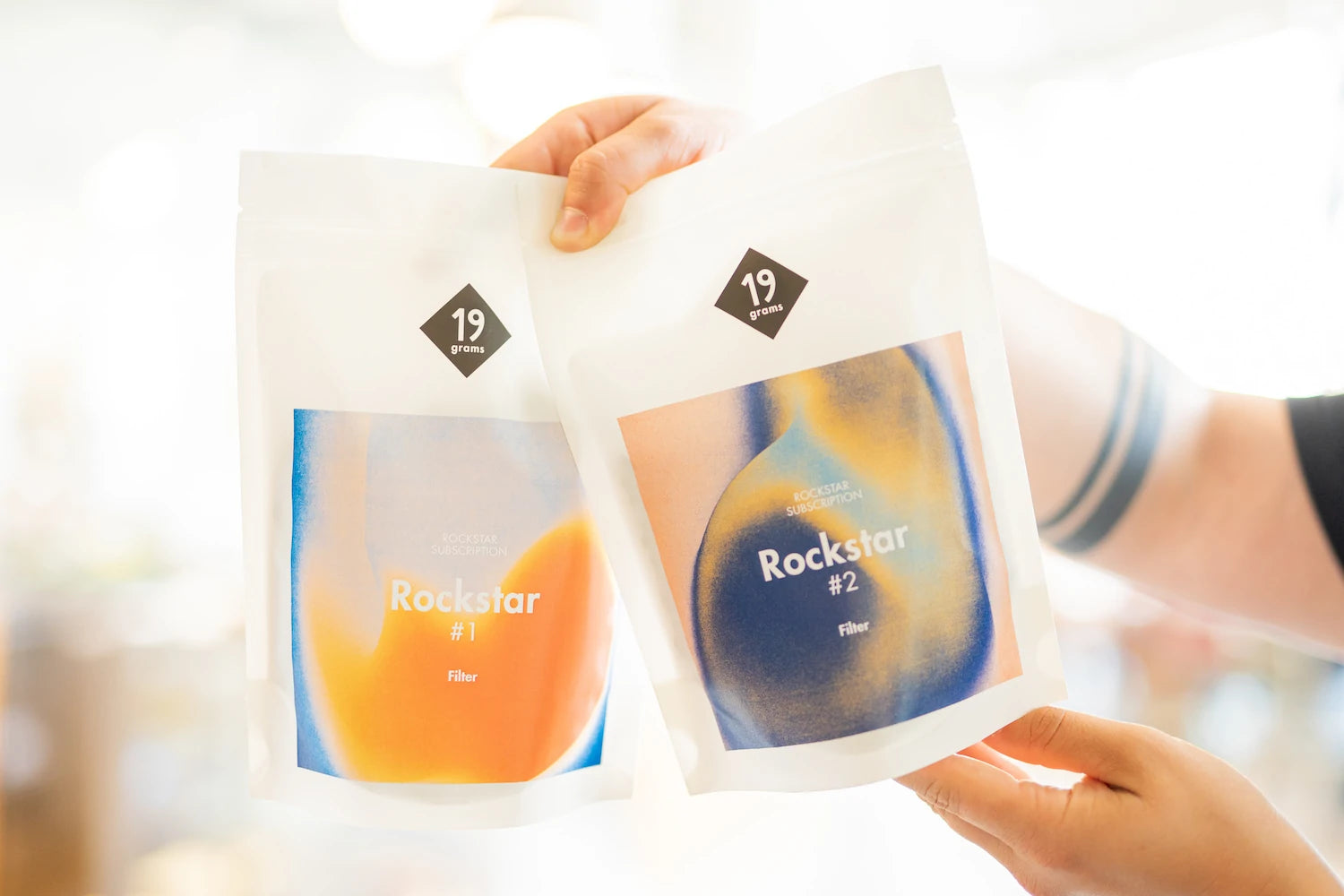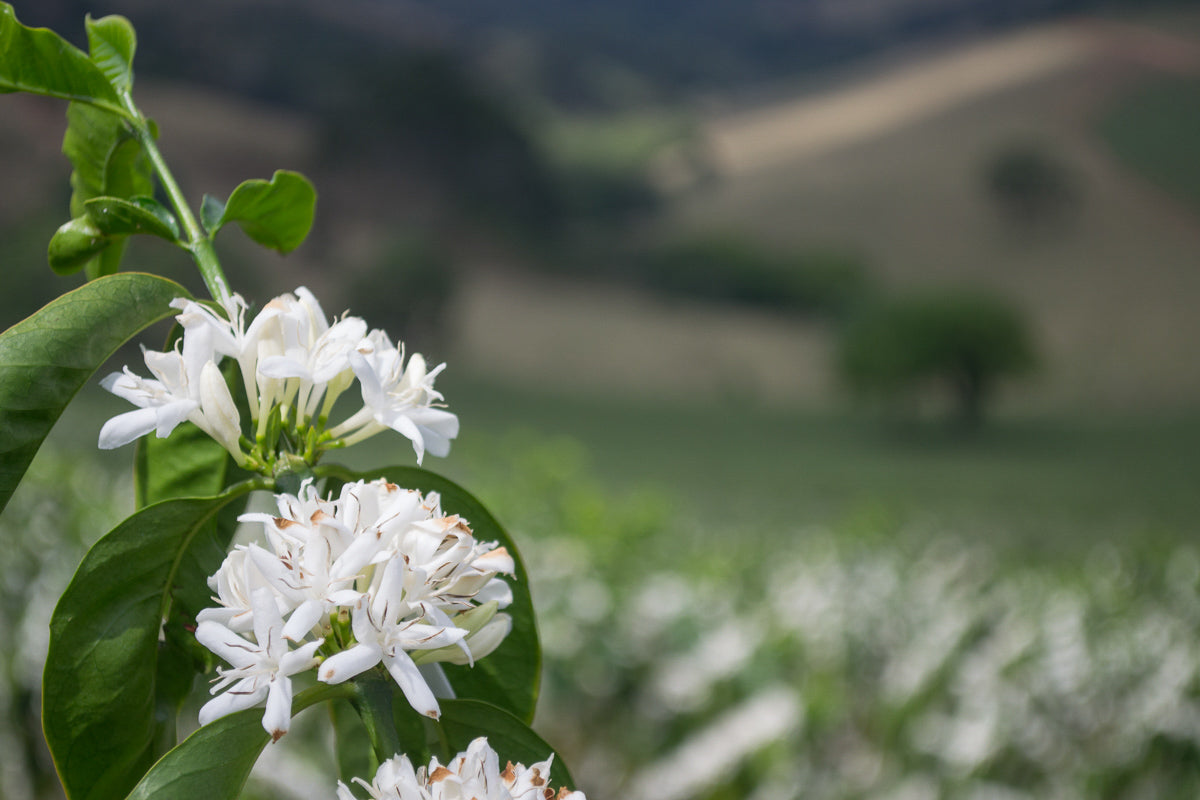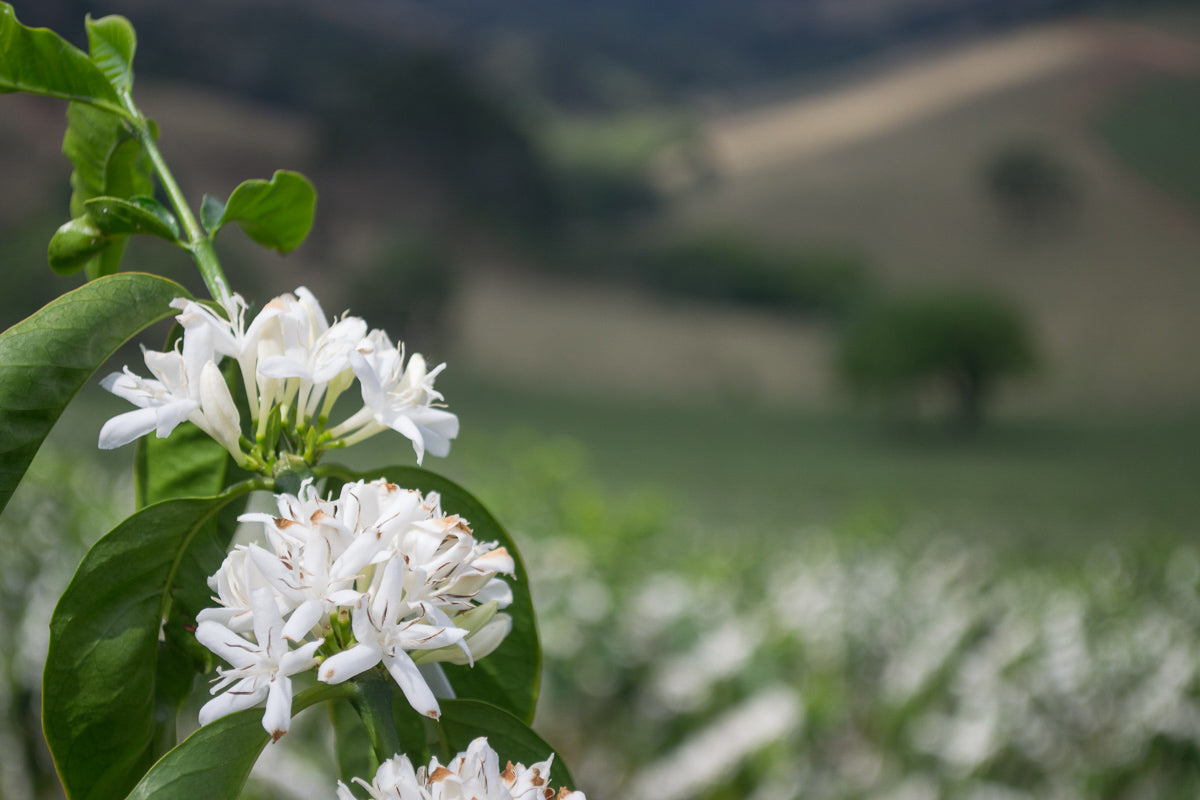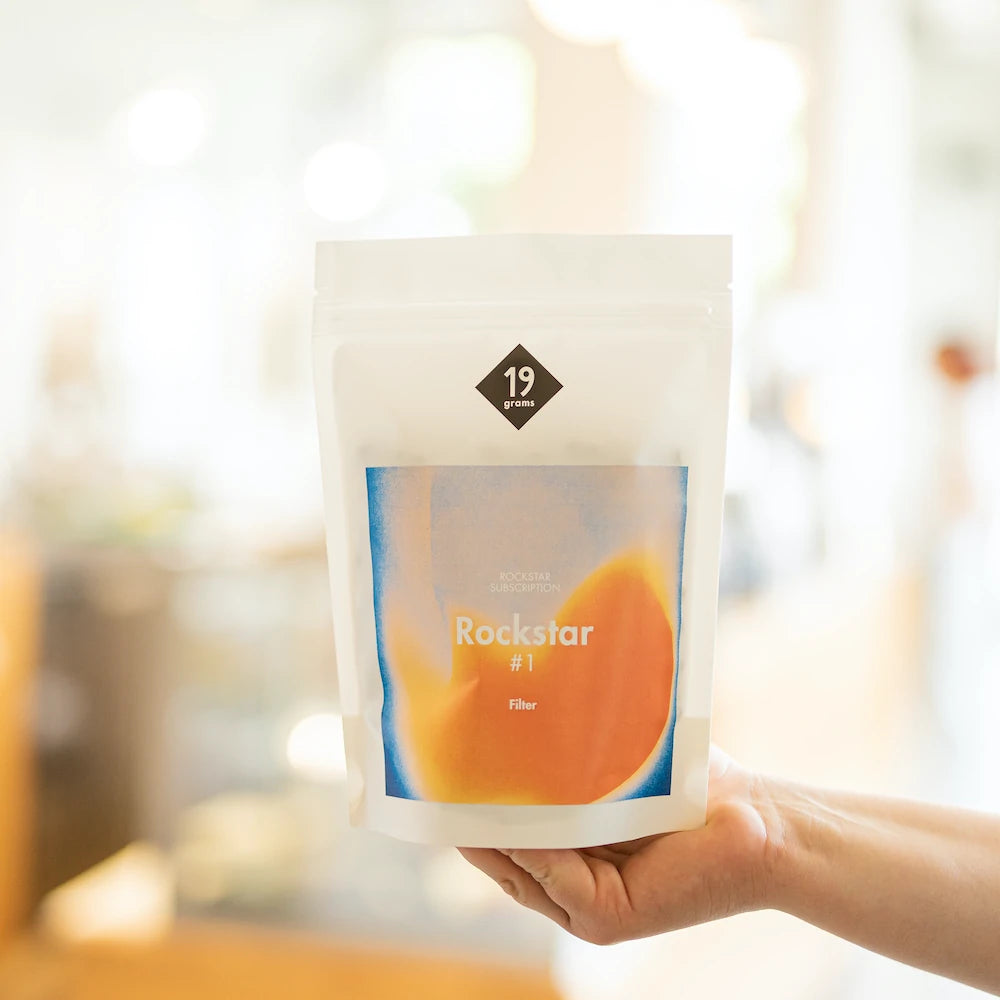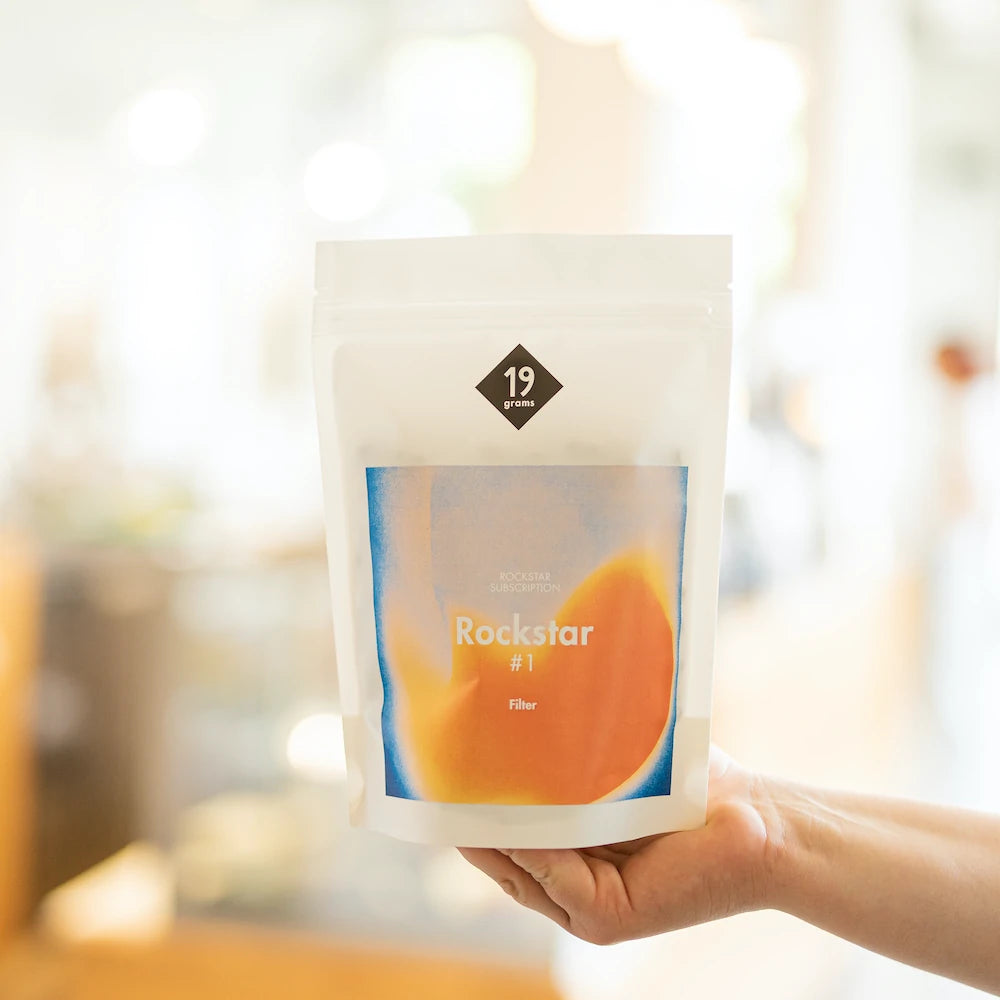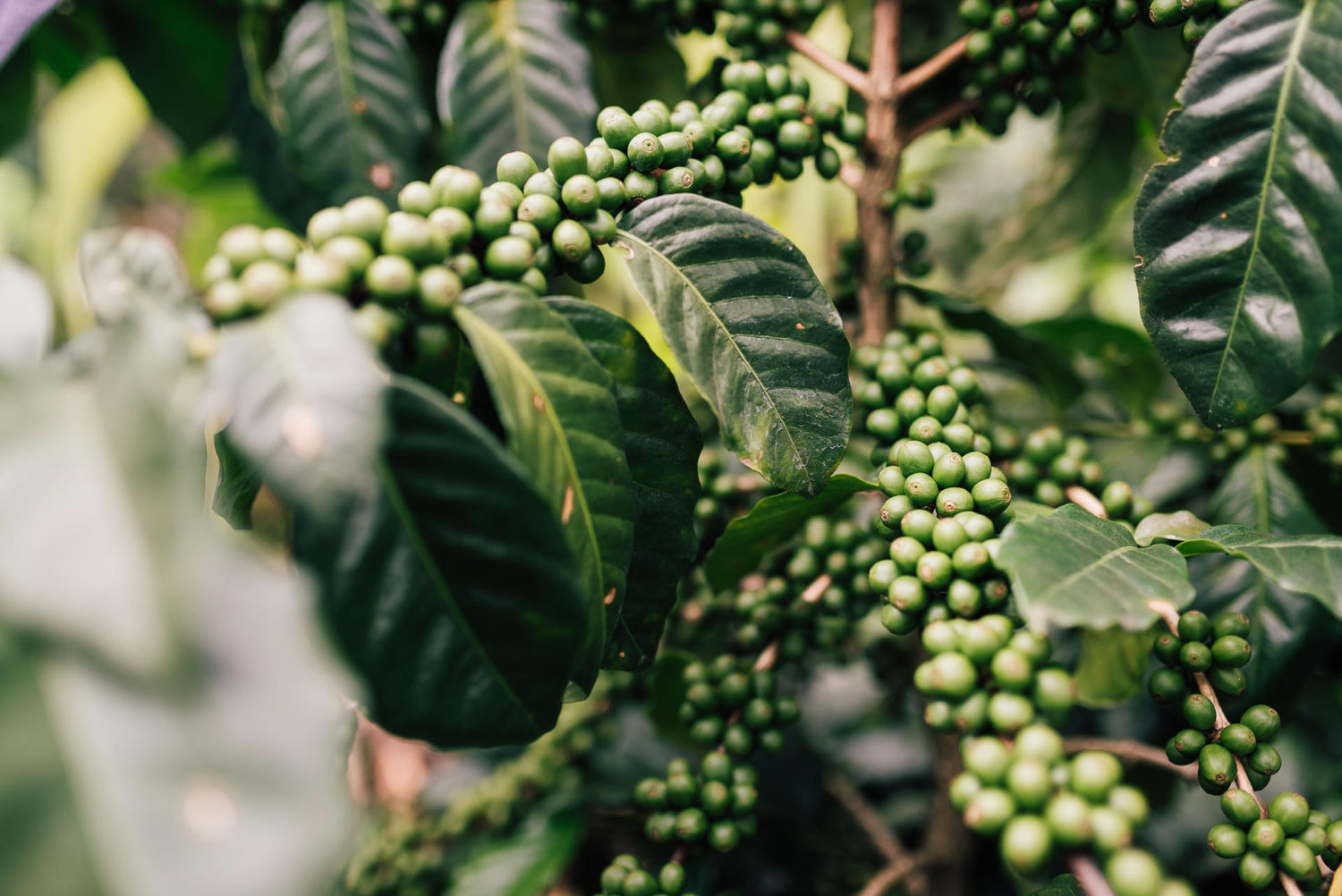Zwei Packungen Kaffee bestellt, nur eine wurde geliefert. Kurz den Kundenservice kontaktiert Problem beschrieben, eine kurze Reaktion erhalten aber weder mit es tut uns Leid so werden wir das Problem lösen oder so, nun seit Tagen keine Reaktion mehr…
Unverschämt…
It says 5 stars but you cannot rate this abo at all. I'm dissapointed because I get same coffee again and again and I don't like it at all. Even cheapest Spig Blume roast mix is better. Sure maybe it's not my cup of tea but could you send just different once. I ordered cofee once in two weeks so it's not even very short time. I wouldn't recommend this abonemet.
ich habe eine Box (knapp100€ mit 1,2kg Bohnen) als Geschenk bestellt
gesendet wurde eine Box für 50 € mit 250g Kaffee und 2 Tassen ...
ich warte aktuell noch auf Rückmeldung vom Kundenservice , den werde ich dann extra bewerten .
aufgrund des bestellverlaufs bisher kann ich absolut keine Empfehlung aussprechen!
Dank anaerober Aufbereitung bietet der Kaffee ein üppiges Aromaspektrum, beginnend mit ausgeprägten Fruchtnoten und gefolgt von Schokoaromen. Für diesen Kaffee muss man sich - auch in der Zubereitung - etwas Zeit nehmen. Er ist definitiv kein Alltagskaffee. Dafür ist er auch zu hochpreisig.
Einfach WOW! Was für ein liebevoll und bis ins kleinste Detail gestalteter Adventskalender. Nicht nur der Kaffee kommt hier wie gewohnt in höchster Qualität, sondern das gesamte Design bzw. die Materialien des Adventskalenders sind sehr wertig und ein absoluter Hingucker! Besonders geschätzt habe ich bisher den Ablauf der "Kaffeereise" nach Regionen und die dazugehörigen, täglichen Infos über die Kaffees samt Regionen, Varietäten, Farmen, etc. Für mich definitiv mein Kaffee-Highlight des Jahres - und eine klare 10/10!


